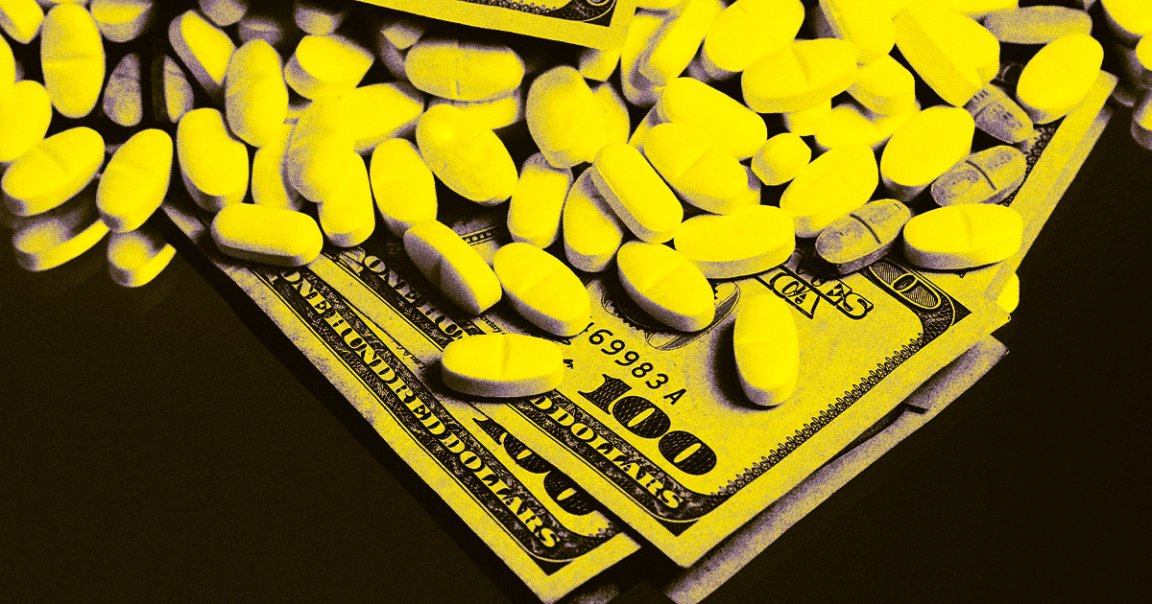
For a small sum of $3.5 million, you can get your hands on the newest gene therapy drug to treat hemophilia B: Hemgenix, now the most expensive drug in the world. A fleeting title, these days.
Hemophilia is a genetic disorder that prevents blood from clotting properly when a person’s body can’t produce the protein necessary to form blood clots. This causes sufferers to bleed profusely from even the smallest of nicks and cuts, and sometimes even to bleed spontaneously.
The symptoms are for life, and can drastically affect a person’s livelihood, depending on the severity. Many require weekly infusions, frequent hospital visits, and face too many close calls.
Treating it, therefore, is of utmost priority, especially with hemophilia B, its more severe and rare form.
So Hemgenix’s manufacturers, Australian pharmaceutical company CSL Behring, charging a ludicrous $3.5 million for a single round of therapy is getting some varied responses from hemophilia patients, to say the least.
“It seems a little steep,” Bryen Lackey, an 18-year-old living with hemophilia B, told Insider. “But compared to what we pay [currently], it doesn’t seem too terrible.”
Maybe a bit euphemistic, but Lackey’s response shows just how costly fighting the disorder is in general. He estimates that his insurance already spends up to $1 million a year on his current treatment.
Others were much more blunt in their criticism. Jerry McMillan Jr, a 47-year-old sufferer of hemophilia B, told the site that Hemgenix’s cost is “not a fair price at all.”
“There’s going to be a lot of poor people who can’t afford this,” he told Insider, voicing concerns over whether insurance companies would even be willing to cover the price of the drug in the first place.
Gene therapy drugs like Hemgenix, even with just one round of therapy, can be life changing — a fact that’s used to justify their expensive price. Yet, their benefits tend to weaken over time.
And as Insider reports, it’s unclear how long lasting Hemgenix’s effects will even be. At least one clinical study — which claims to be the largest on hemophilia B to date — has shown that 98 percent of Hemgenix recipients no longer needed follow-up infusions.
And for that, it might be worth it, since other existing treatments which last multiple years cost up to $600,000 annually, according to the CEO of the National Hemophilia Foundation, Leonard Valentino, who called the drug’s asking price a “good bet,” in comments to Insider.
In the context of how absurdly priced pharmaceuticals are, in other words, it could be good value. Who are we kidding — it’s ridiculous, but the problem is more systemic.
“A one-time fee is not the best solution, but we don’t have a healthcare system that can think about any other ways to do this,” Benjamin Rome, an associate physician and health policy researcher at Brigham and Women’s Hospital, told Insider.
Rome authored a research letter published over the summer that pointed to the ballooning prices of drugs since 2008, increasing by nearly 11 percent each year — a worrying trend echoed by the astonishing fact that the title of “world’s most expensive drug” has been overtaken three times in just the past few months, according to Insider‘s reporting.
At this point, being less than phased about Hemgenix’s price, like Lackey, is not unwarranted. It’s pretty much the norm. And that’s not a good sign for hemophiliacs — or any patients in the American health care system, for that matter.
More on pharmaceuticals: So Many People Are Using a Diabetes Drug for Weight Loss That Actual Diabetics Are Having Trouble Getting It